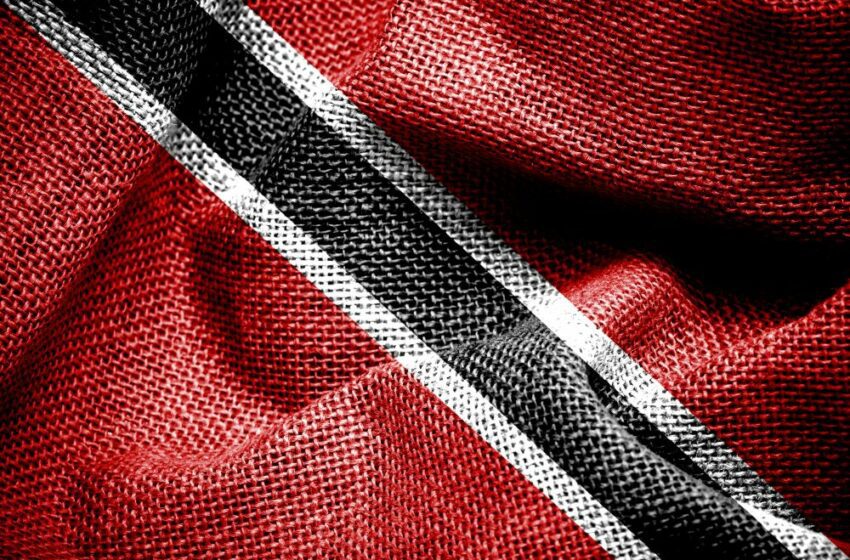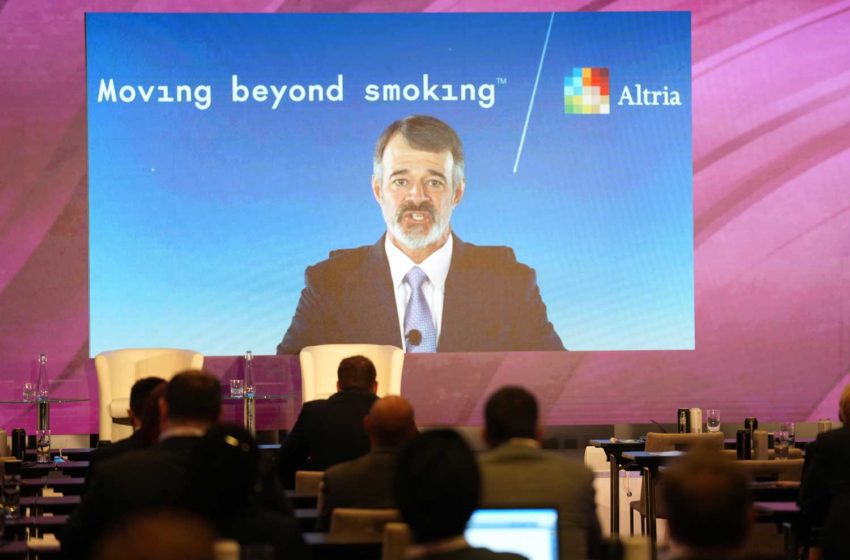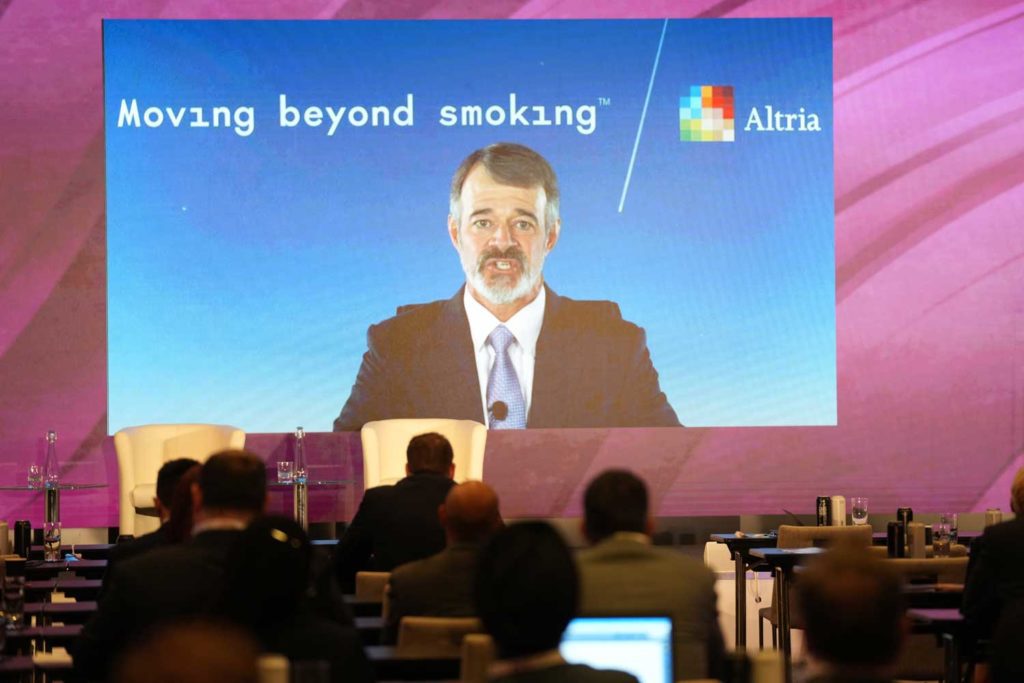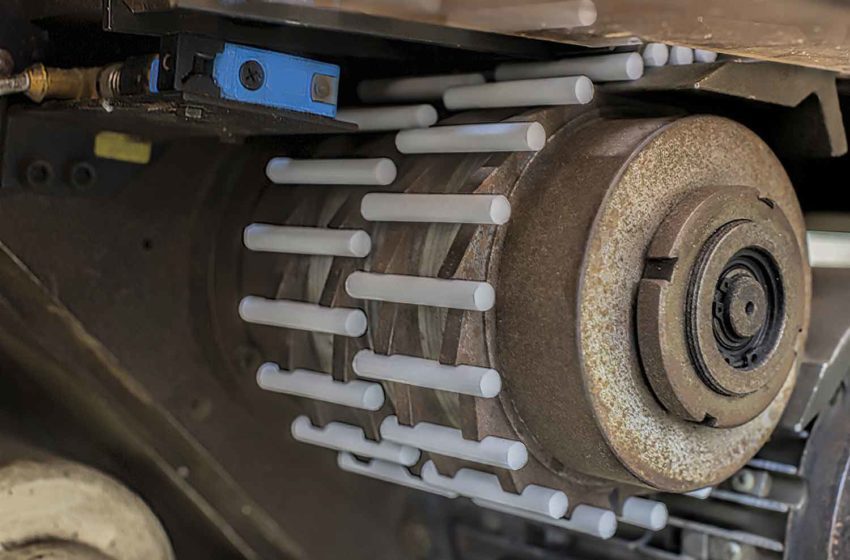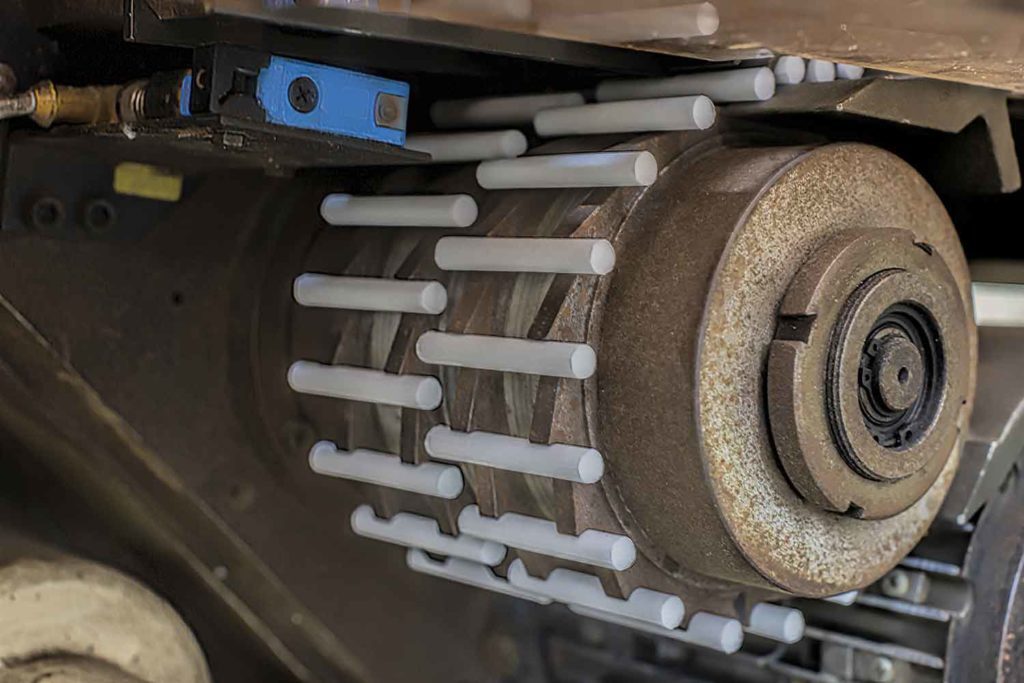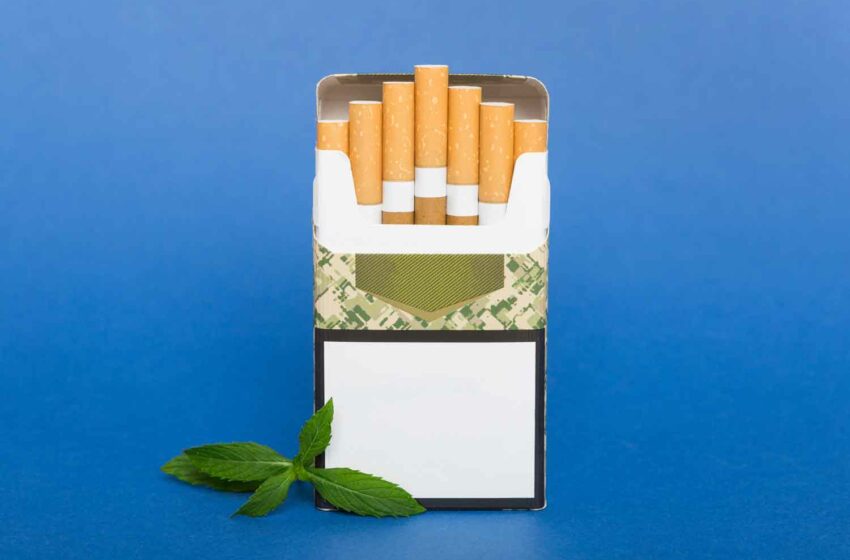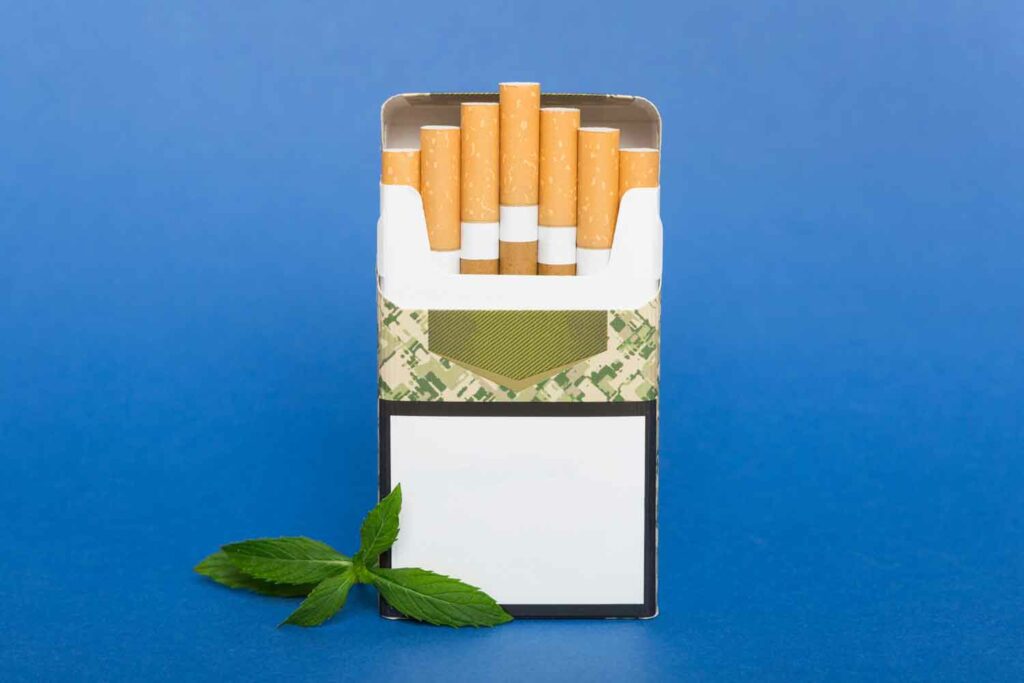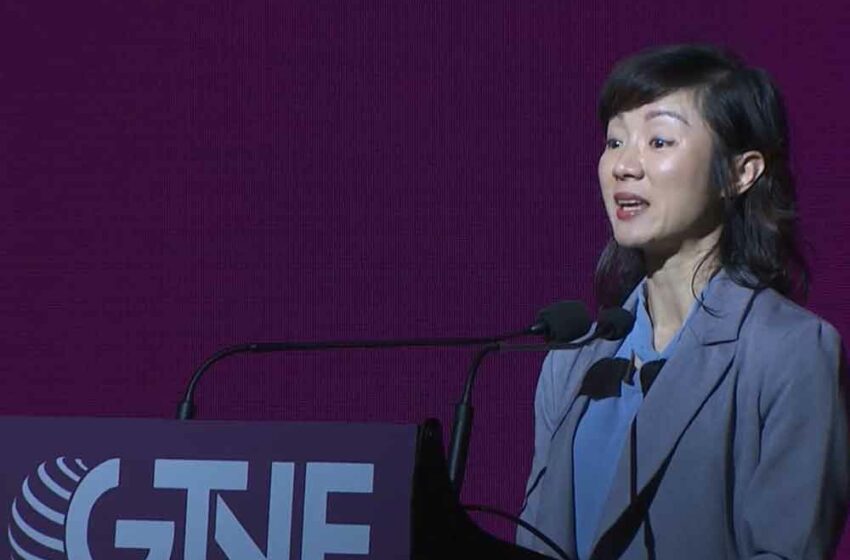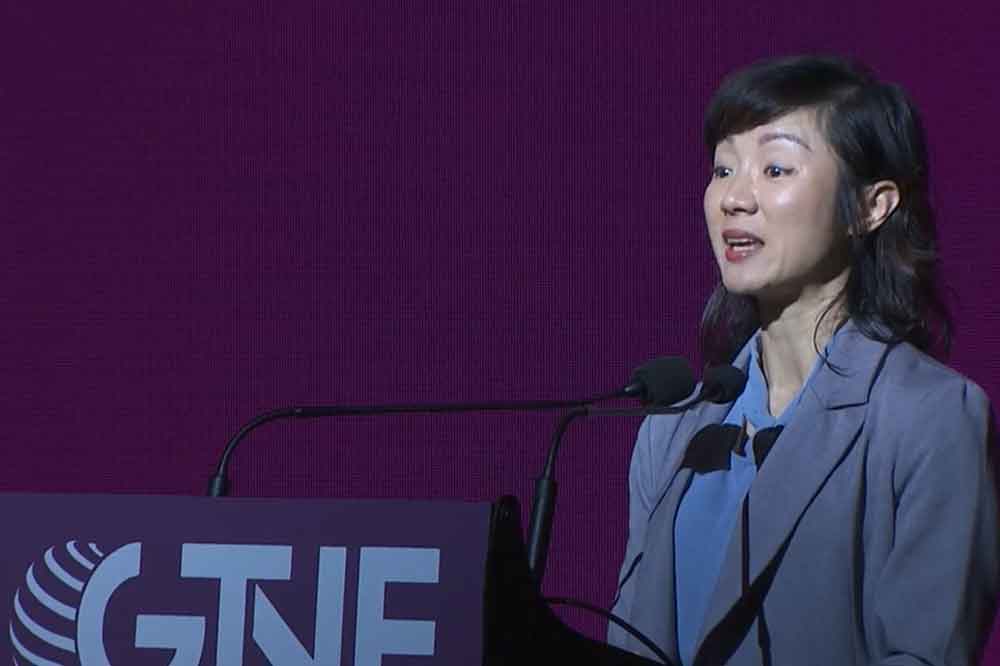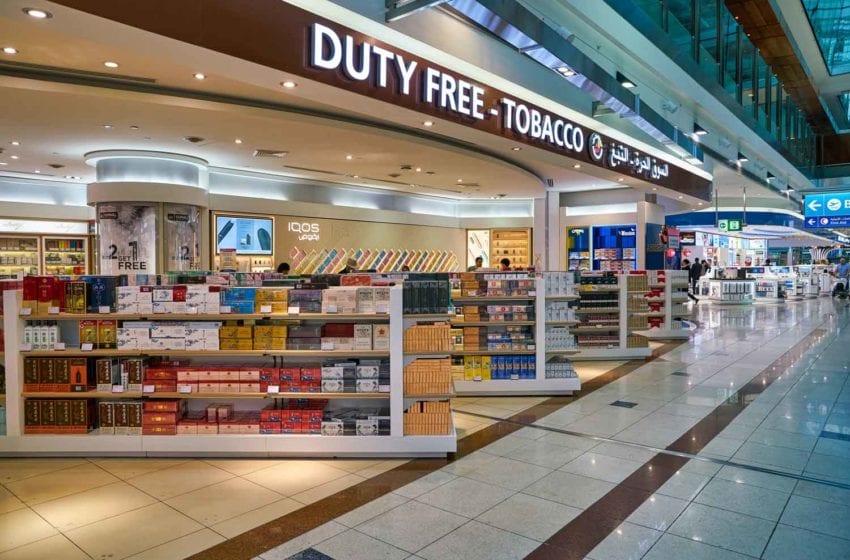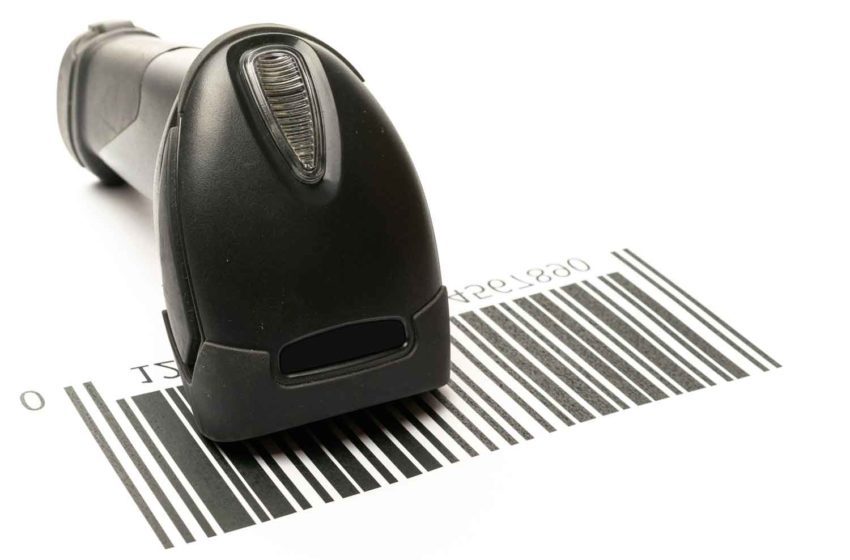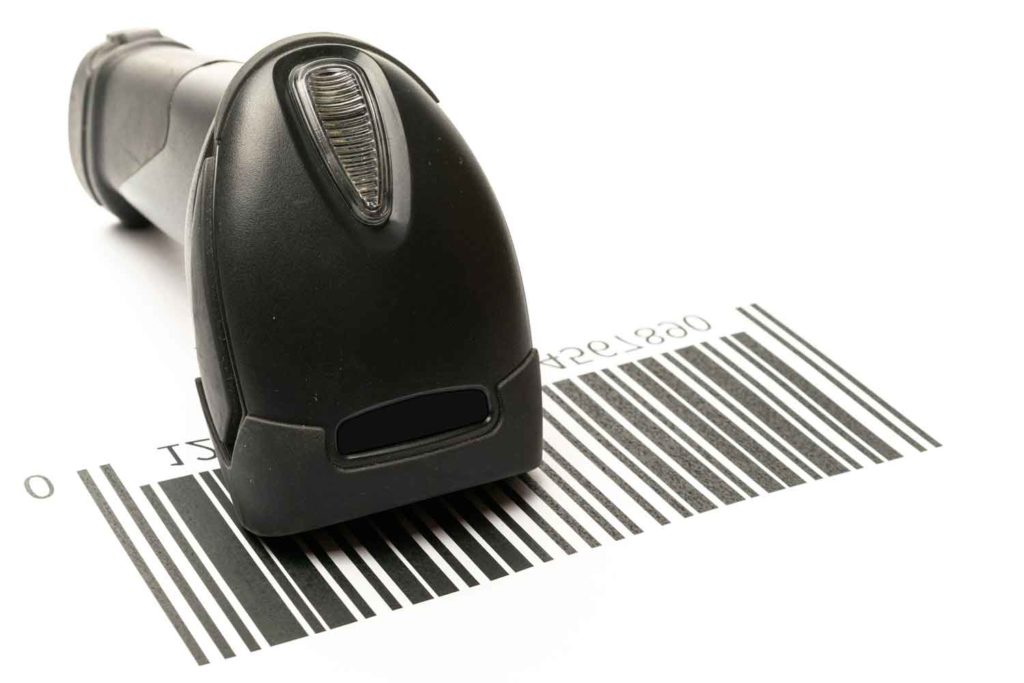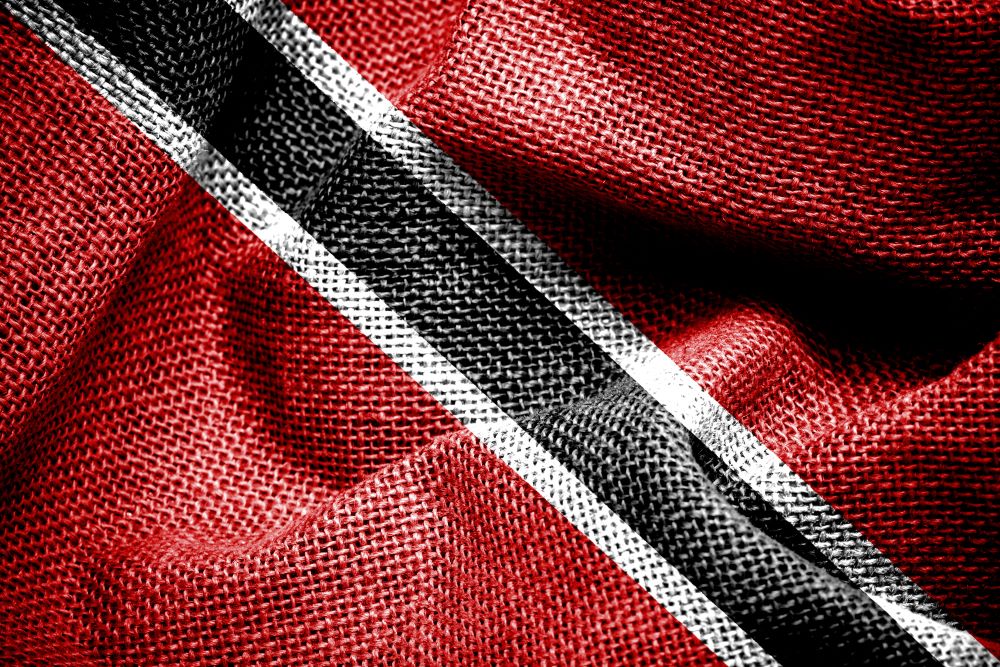
Trinidad and Tobago loses about $30 million annually in uncollected taxes from illicit cigarettes, according to participants in a forum on anti-illicit trade hosted by the T&T Manufacturers’ Association, reports The Trinidad Guardian.
Policymakers, law enforcement agencies, regulatory bodies and major brands, such as Puma, Moet Hennessy, Servier and BAT, participated in the forum.
“The illicit cigarette trade makes up 5 [percent] to 10 percent of the market, and British American Tobacco fears this share can grow as consumers tend to favor these brands because they sell at a lower price,” said Arturo Payro of BAT. “Cigarettes are T&T’s most illegally traded products in quantity and value.”
Randall Karim, permanent secretary (ag) of the Ministry of Trade and Industry, stated that a strong legal framework will act as a powerful deterrent and send a strong message to smugglers that illegal trade is intolerable.

